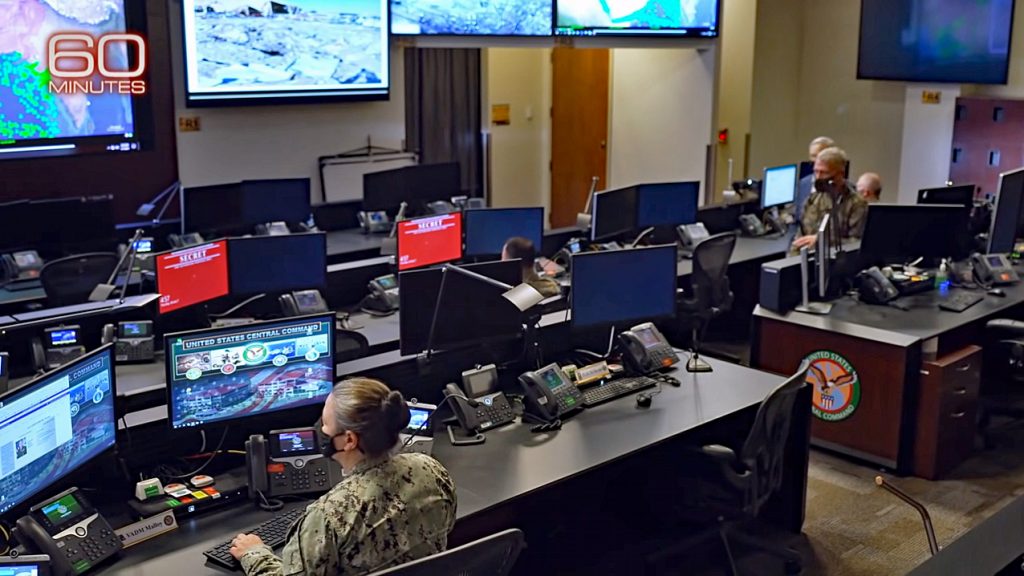DailyPost 816
BIGGEST CYBER SECURITY LAPSE – HUMAN BEHAVIOR
Human brain believes in bringing down the cognitive load in decision making and that is ample reason why password retains itself as the most popular password for years now notwithstanding the news of hacking tsunami the world over. To add insult to injury 1234567 happens to be the second most popular password. If they are forced to change it would be password 1 or password 2 as the natural choice. Even with the awareness blitzkrieg by banks even the well educated professionals end up disclosing the pin number. Data back up is certainly is a much lesser word & activity compared to a backpack. Welcome to the world of reckless human behavior, it’s the norm not an exception. It would certainly be some time before this whole scenario changes.
It is human behaviour which is often the weakest link in the online security chain. Various researches across the globe have shown that in more than 90% of the security breaches, the enabling factor has been the ignorant / negligent behaviour of the users. Insertion of USB in air gapped systems has created huge security flaws sometimes unmanageable. The Iranian Nuclear Plant at Natanz – Stuxnet hack happened on this count. The malicious worm that attacked the US Central Command system started by infected USB insertion, in a US military laptop. Pentagon took around 14 months to clean up things.
The Cyber Security teams as expected are mostly lead by technology experts who see the whole problem through the technology lens and believe technology would be able to provide sufficient enough solutions. That has not happened. Technological weaknesses in the software or network and trying to correct the technical bugs is their primary concern. ”Cyber Security – the various technologies, processes and practices that protect networks, computers and digital data from attack – is a prime focus area for all types of organisations.”
Phishing attacks happens purely happen because of human lapse. The capability of human beings to evaluate risks is pretty low. They don’t evaluate on any elaborate calculation but just on the feeling about the action one is taking. If the feeling is positive about the outcome of the decision, they would judge the risk of the action as low. If human brain gets a choice between enjoyment in the immediate moment and a potential risk in future, the human brain has a bias towards the present. The complexity of human behaviour is a battle of Cyber Security.
MAN MACHINE CYBER SECURITY SYNTHESIS HAS TO HAPPEN TO MAKE IT FULLY EFFECTIVE.
Sanjay Sahay

